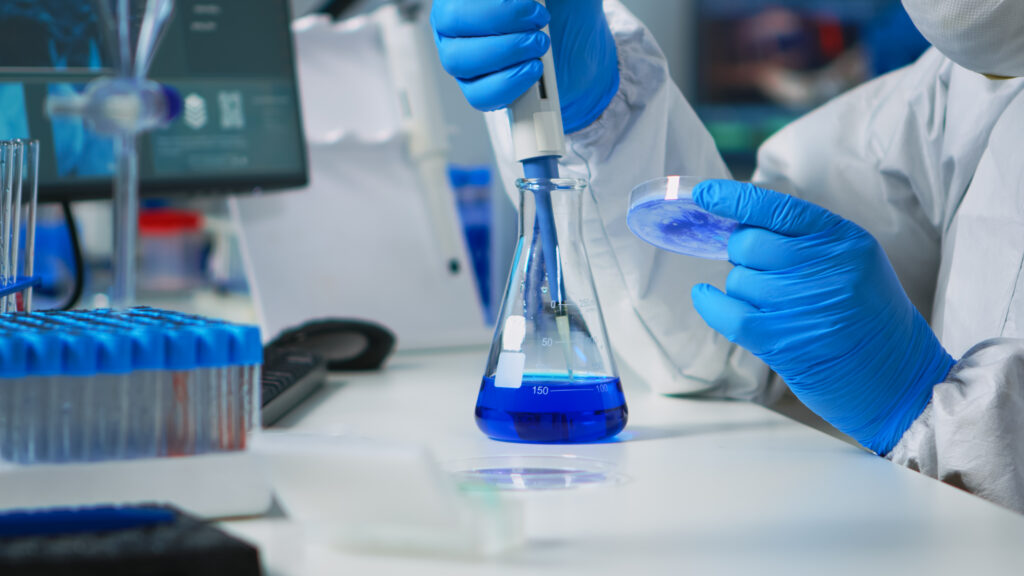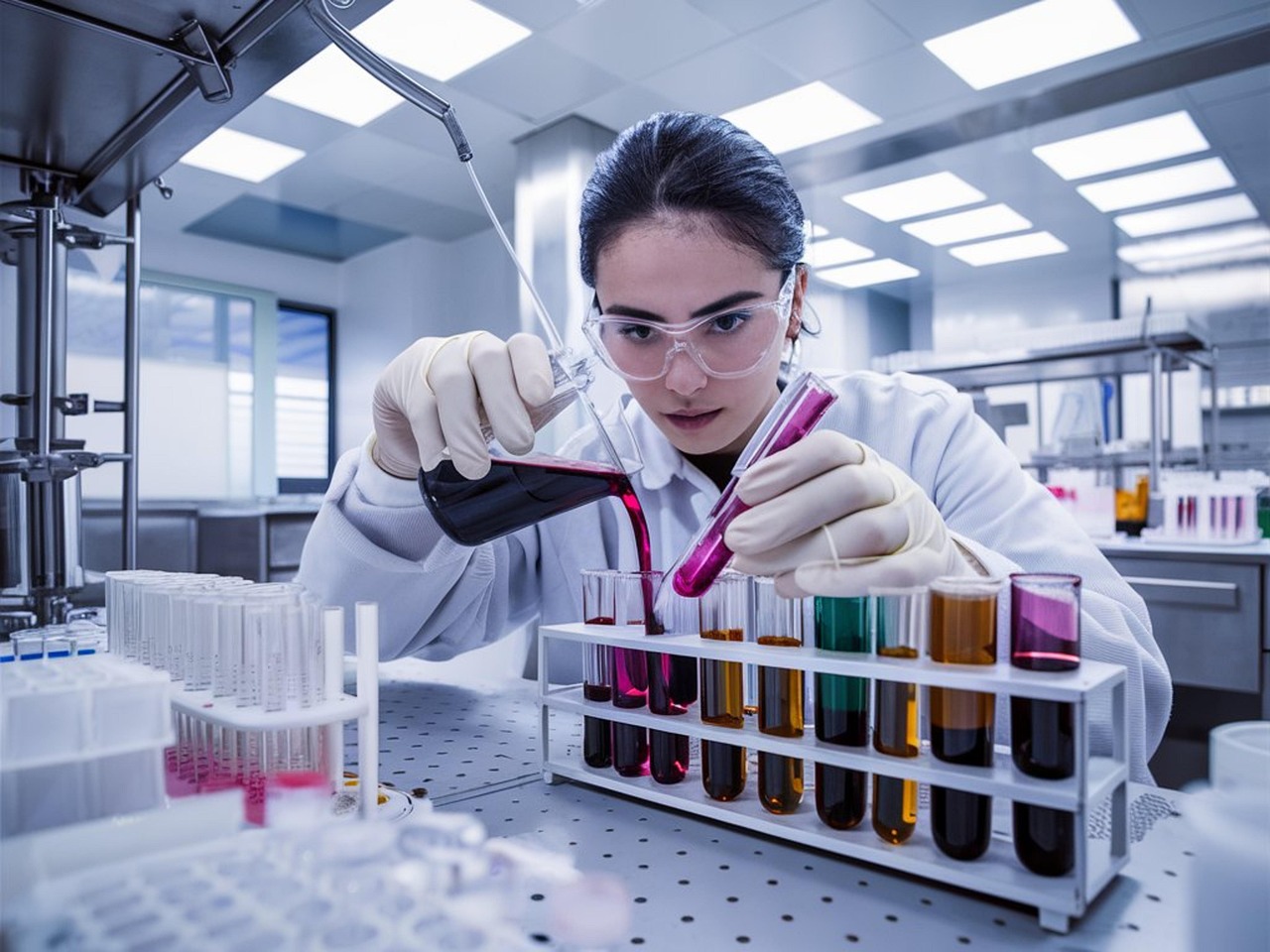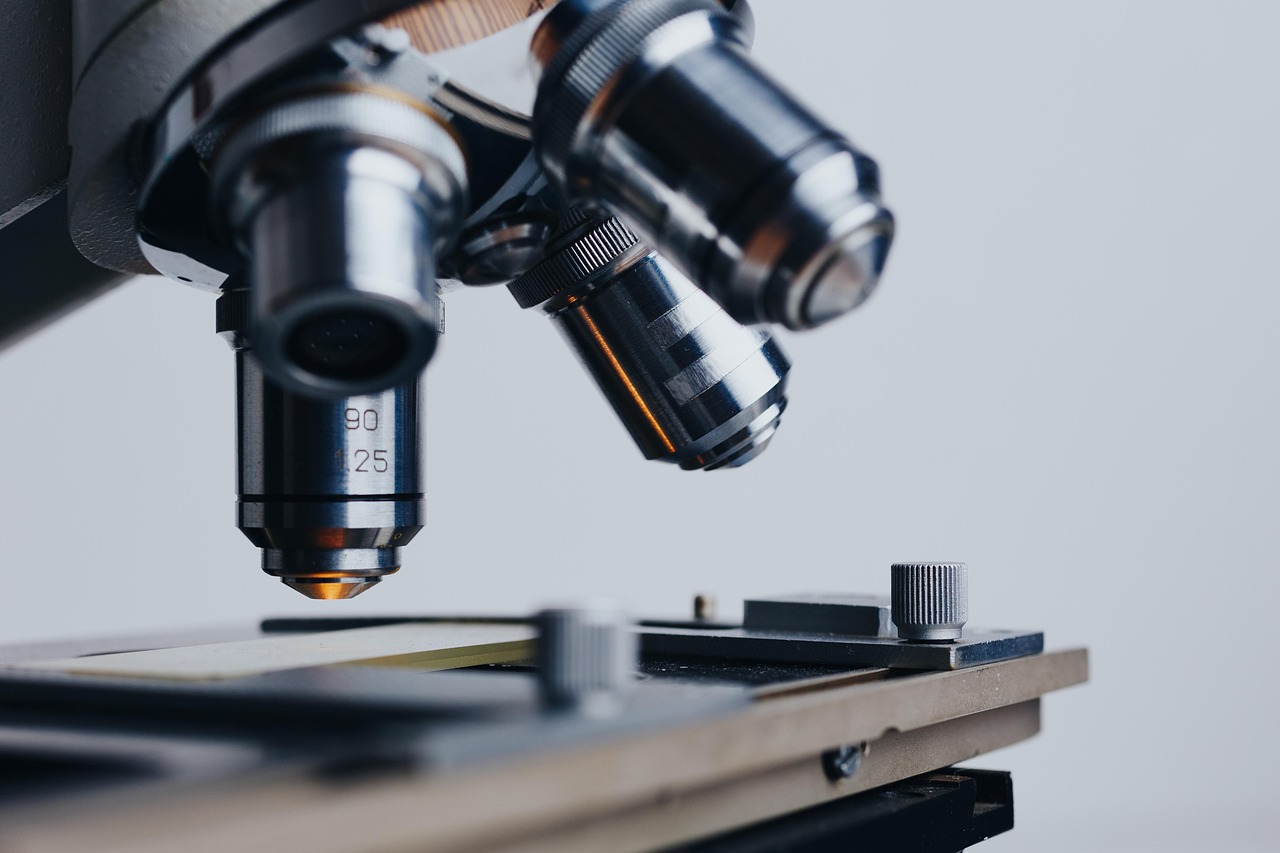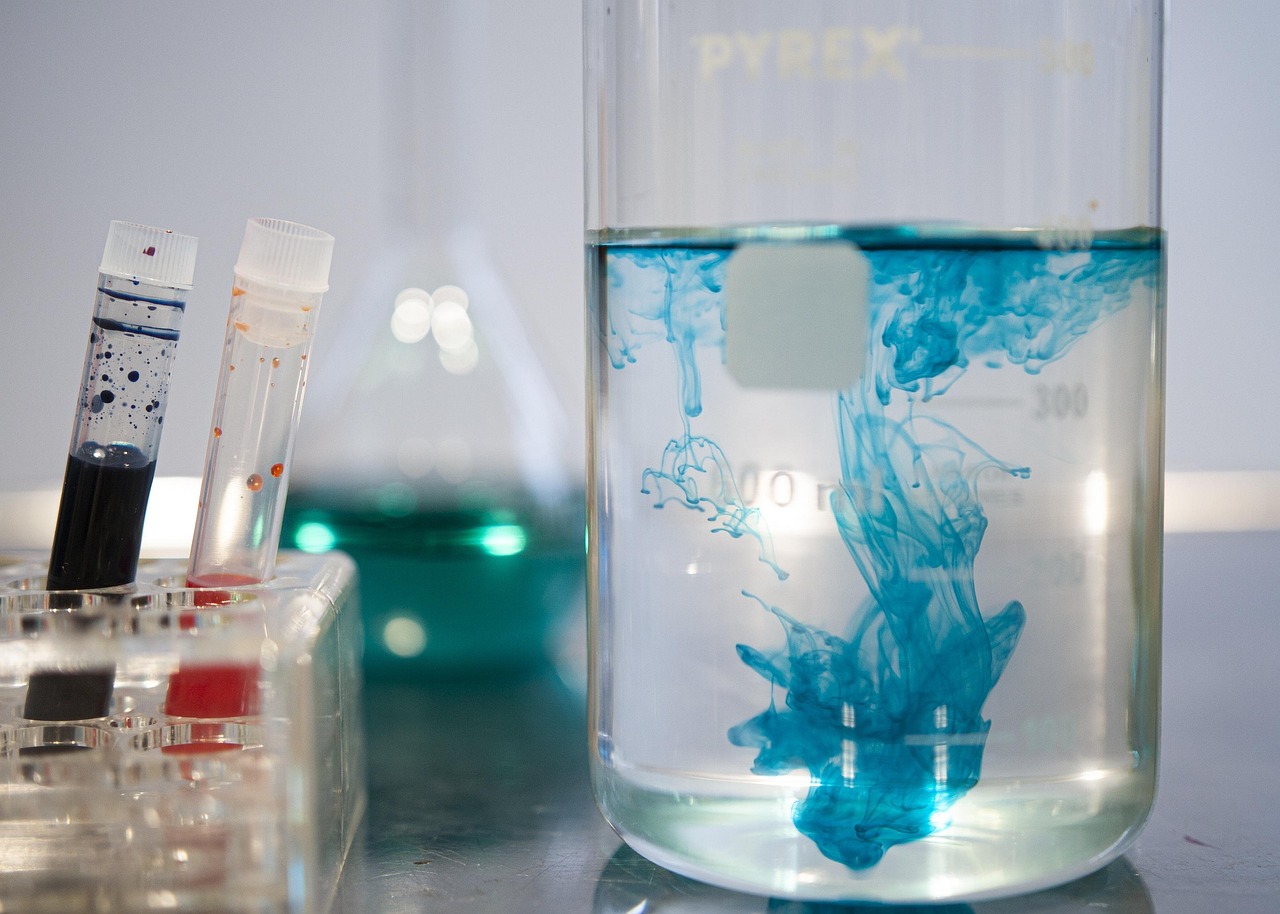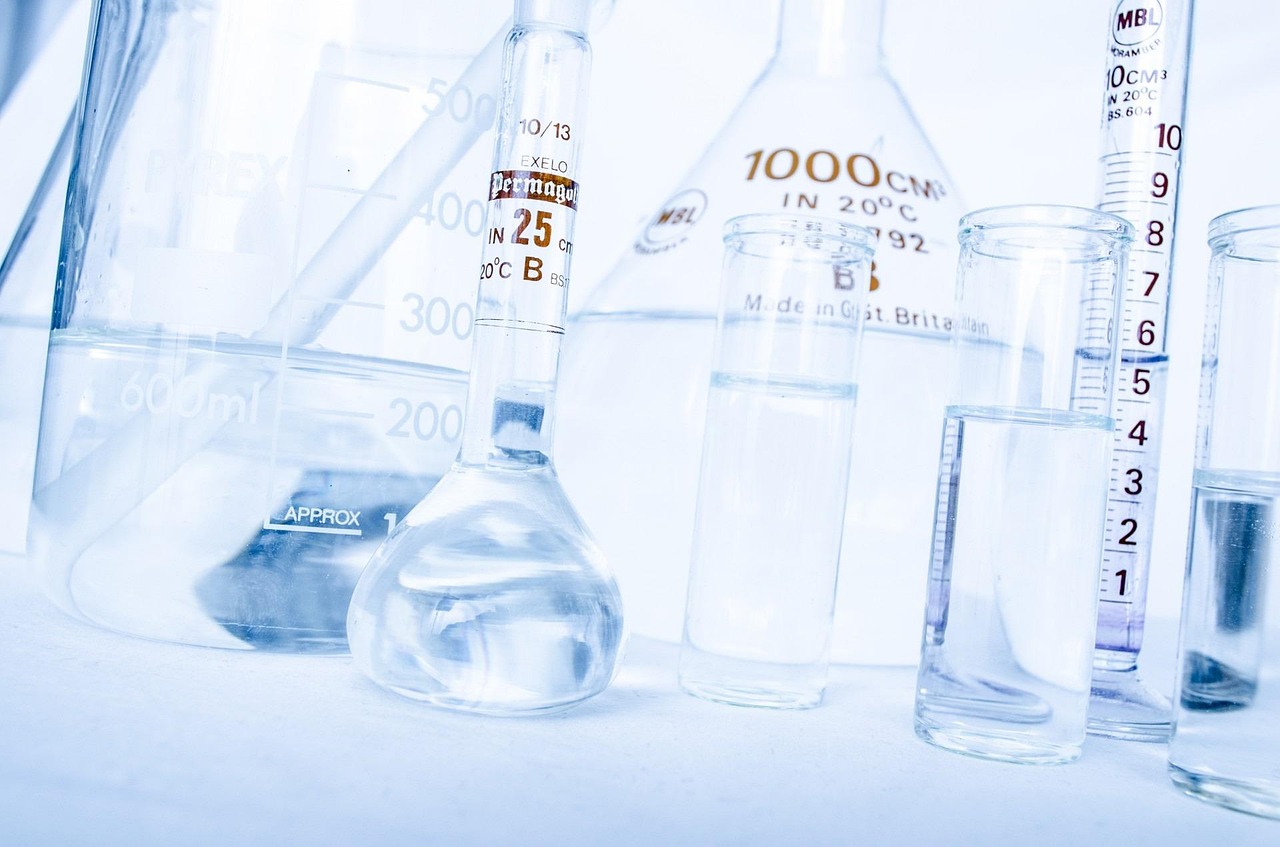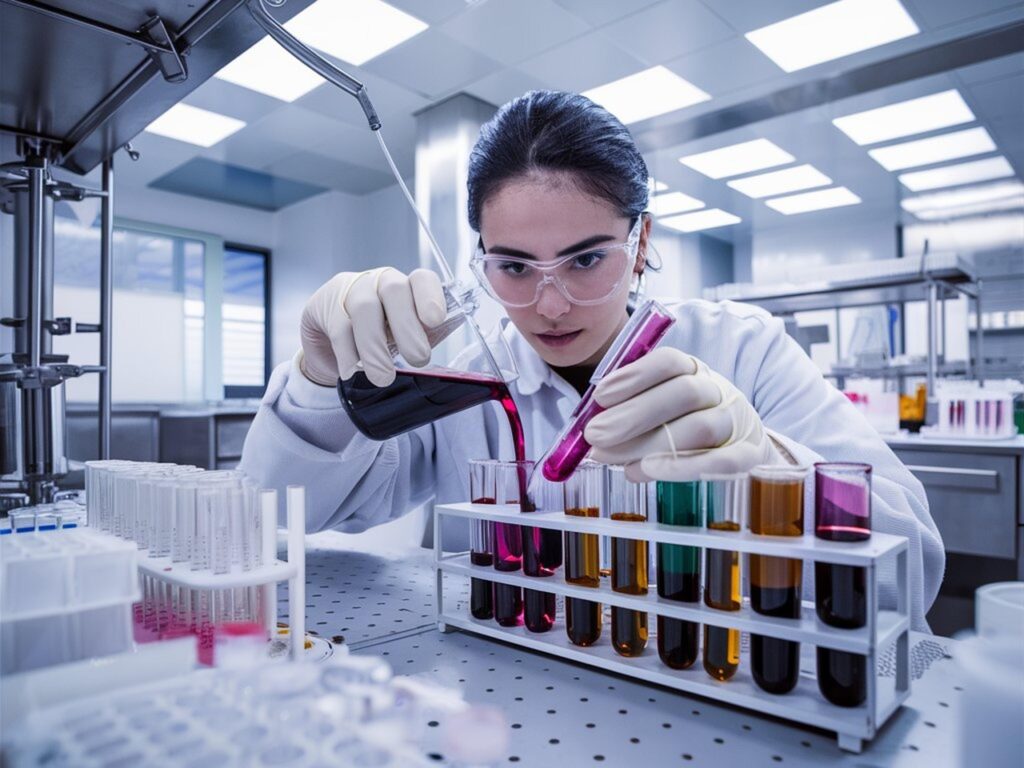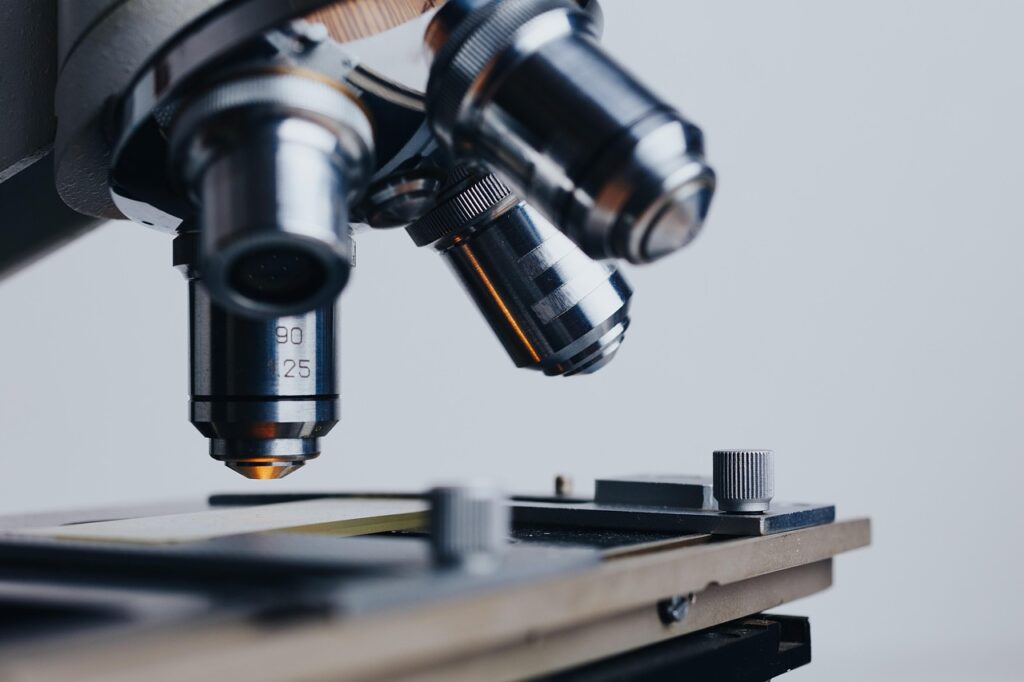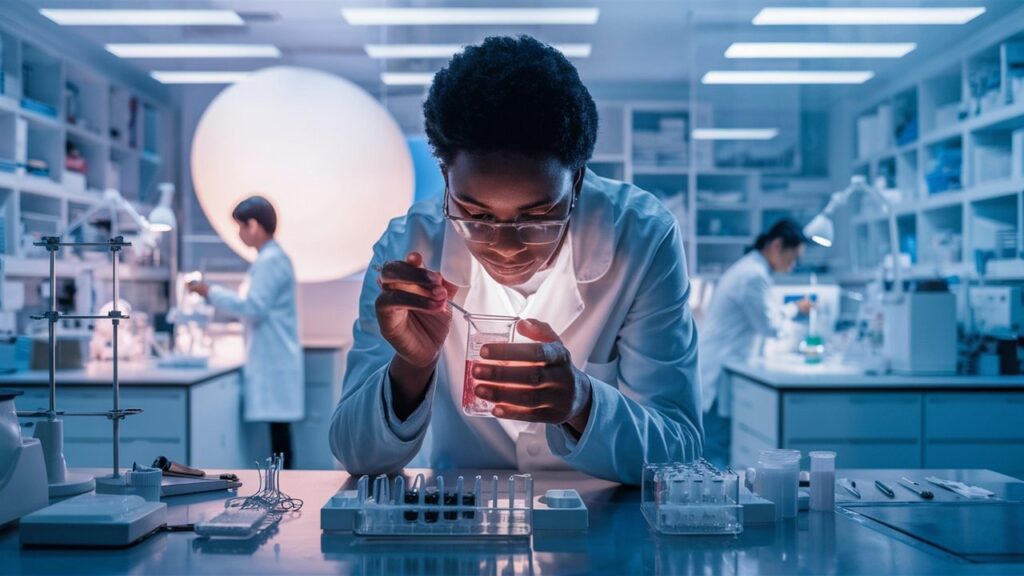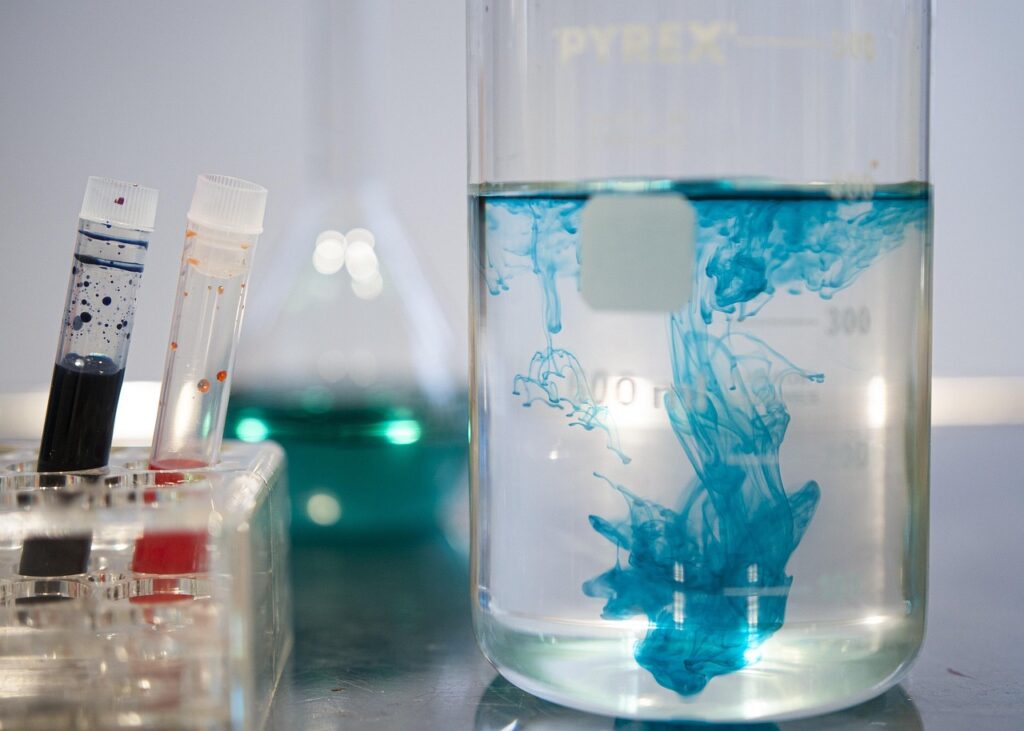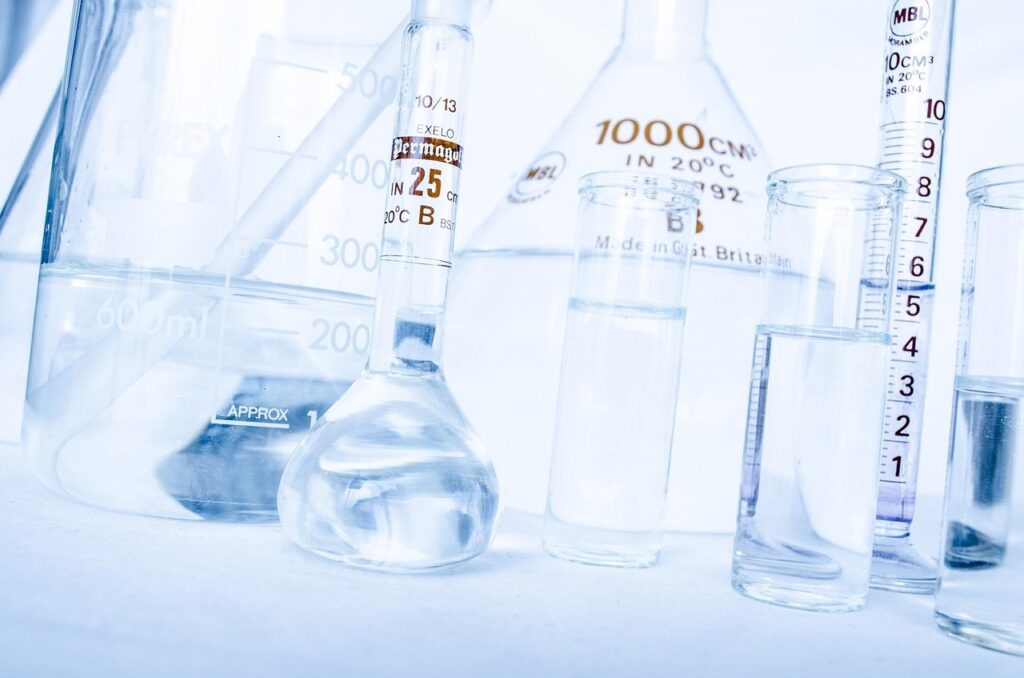Both the food industry and consumers have serious concerns about food safety. It is crucial and impossible to ignore the duty of guaranteeing that food products are safe to consume and free of pollutants. Foodborne illnesses, allergic responses, and chronic diseases are just a few of the serious health problems that can result from eating contaminated food. Customers’ confidence in food brands and general well-being are directly impacted by the knowledge that the food they are eating is safe. Maintaining strict safety standards is crucial for the food business to meet legal obligations, stay out of trouble with the law, and preserve its standing in the marketplace.
This is where food laboratory testing plays a crucial role. Food testing facilities assist in identifying dangerous compounds that can endanger the health of consumers by using advanced testing techniques. Advanced technologies and stringent processes are employed in these labs to detect pollutants including allergies, chemical residues, microbiological pathogens, and other dangerous materials. Food laboratory testing protects public health by guaranteeing adherence to safety standards established by regulatory agencies, in addition to simply identifying these hazards. We will examine the importance of food laboratory testing for consumer safety in this blog, covering various topics from allergen identification and regulatory compliance to microbial and chemical testing.
Understanding Food Laboratory Testing
Food laboratory testing entails several scientific tests on food items to look for pollutants, confirm nutritional value, and ensure the food satisfies safety requirements. These examinations are conducted in dedicated labs with cutting-edge equipment and knowledgeable staff. Finding any potential risks in food, such as microbiological infections, chemical residues, allergies, and other dangerous materials, is the main objective.
Ensuring Food Safety and Quality
The most critical aspect of food laboratory testing is ensuring that our food is safe. Foodborne infections, allergic reactions, and long-term health difficulties like cancer can all be caused by contaminants in food. Laboratories can identify these pollutants early on and stop them from reaching customers by thoroughly testing food goods.
Food goods quality is further guaranteed by food laboratory testing. Laboratories contribute to transparency and consumer trust by confirming that food products contain the ingredients and nutritional values listed on their labels. This procedure preserves the integrity of the food sector while simultaneously protecting public health.
Detecting Microbial Contaminants
Microbial infection is a major risk to food safety. Food can become contaminated at any point during the manufacturing process, including planting, processing, and distribution, by bacteria, viruses, and parasites. Foodborne germs must be found by laboratory testing before the food is consumed. Typical exams consist of:
- Pathogen Detection: Identifying harmful bacteria like Salmonella, E. coli, and Listeria.
- Spoilage Organisms: Detecting bacteria and molds that cause food to spoil, impacting its quality and safety.
- Viral Contaminants: Testing for viruses that can cause foodborne illnesses, such as norovirus and hepatitis A.
Through these tests, laboratories can ensure that contaminated products are identified and removed from the supply chain, protecting consumers from potential outbreaks.
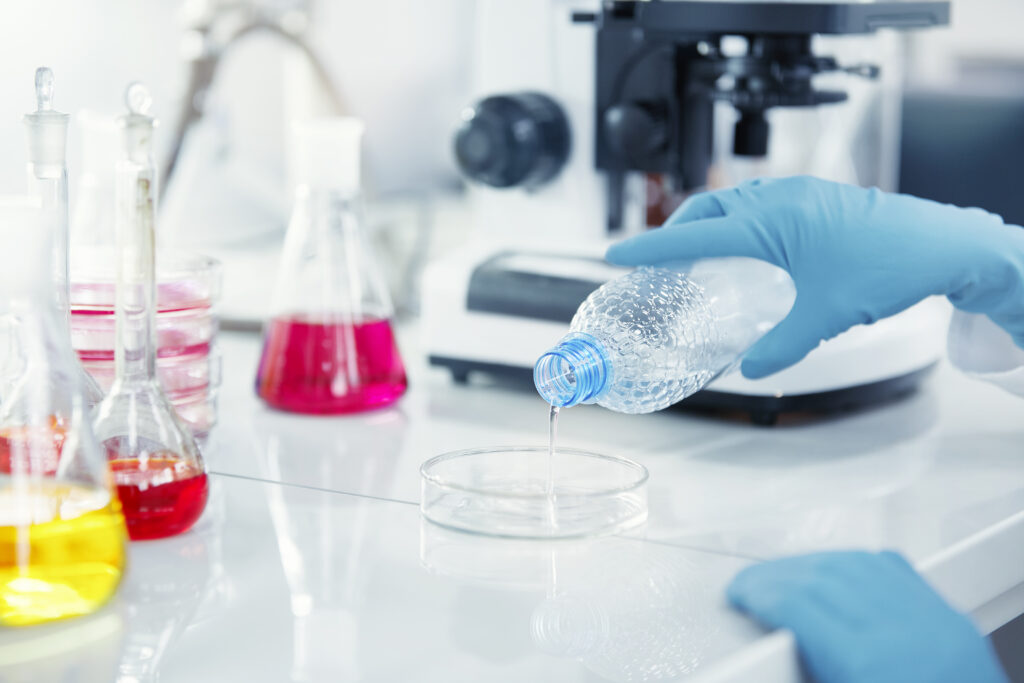
Chemical Residue Testing
The identification of chemical residues is a critical aspect of food laboratory testing. Food products may contain residues from veterinary medications, pesticides, and herbicides used in agriculture. Although these compounds are beneficial for the health of animals and crops, excessive amounts of their residues can be harmful to human health. To make sure that these residues are within the safe limits established by regulatory bodies, laboratories test for them.
Furthermore, heavy metals (lead, mercury, and cadmium) and industrial pollutants that can infiltrate the food supply through environmental contamination are identified with the aid of food laboratory testing. Finding these materials is essential to avoiding long-term health problems brought on by repeated exposure to hazardous chemicals.
Allergen Testing
Food allergies are a global health hazard that is becoming more and more prevalent. Sensitive people might react severely to allergens in even minute doses. Food allergies must be identified and measured via food laboratory testing. Peanuts, tree nuts, dairy, eggs, soy, wheat, fish, and shellfish are among the common allergies.
By ensuring that food products are free from undeclared allergens, laboratories protect consumers with allergies and help manufacturers comply with labeling regulations. This process is crucial for preventing allergic reactions and ensuring that consumers can make informed choices about the foods they eat.
Compliance with Regulatory Standards
Tight laws aimed at preserving consumer health apply to the food business. Food safety standards are defined by regulatory organizations such as the European Food Safety Authority (EFSA) in Europe, the Food and Drug Administration (FDA) in the United States, and other national authorities. Manufacturers and distributors of food must adhere to these requirements.
Laboratory testing on food is essential to guaranteeing adherence to these rules. Labs assist producers in meeting regulatory criteria by evaluating food items for pollutants, confirming nutritional content, and ensuring label conformity. Gaining consumer trust through this procedure is essential to averting expensive recalls and legal troubles.
The Role of Accredited Laboratories
In the world of food laboratory testing, accreditation is a sign of excellence and dependability. Accredited laboratories guarantee the precision and dependability of their test results by adhering to globally acknowledged standards and procedures. Laboratory accrediting organizations evaluate labs according to their technical proficiency, quality control procedures, and conformity to established testing protocols.
An additional degree of assurance is given to consumers by the knowledge that a food product has undergone testing at a recognized laboratory. It indicates that both the testing procedure and the outcomes are dependable. Using recognized laboratories is crucial for manufacturers to preserve their reputation and guarantee regulatory compliance.
Conclusion
In summary, food laboratory testing is essential to guaranteeing customer safety and upholding the food industry’s integrity. Food laboratories are essential to the public’s health because they identify pollutants, confirm nutritional composition, and monitor adherence to safety regulations. These laboratories screen for a wide range of potential risks, including allergies, chemical residues, and microbiological diseases.
Food laboratory testing will become much more crucial as the food sector develops. Technological and methodological developments in testing will improve our capacity to identify pollutants and guarantee the safety and caliber of the food we eat. This translates to increased customer confidence and peace of mind regarding the foods they eat. For producers, it entails upholding confidence,

